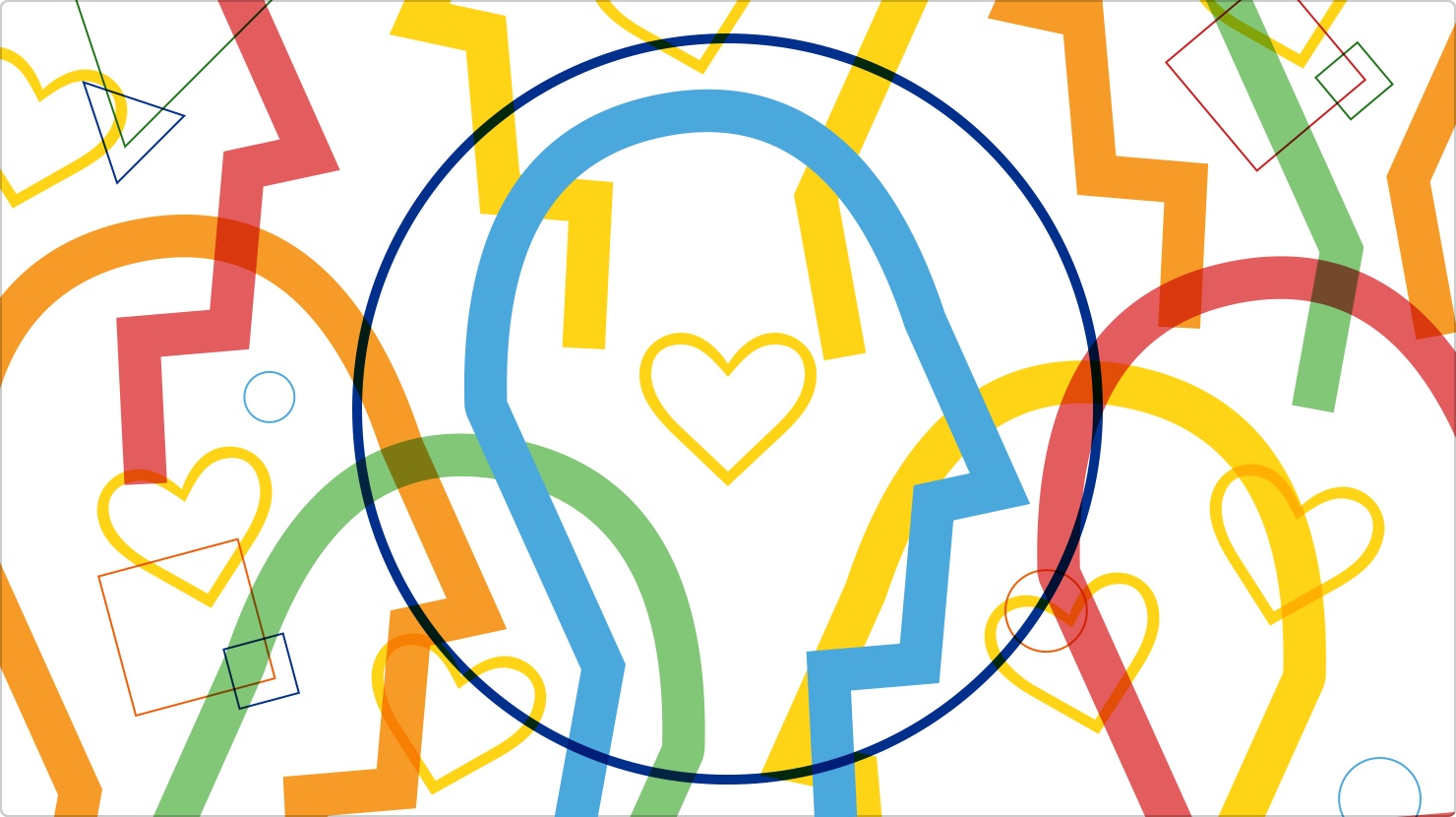
Employee engagement is a topic that’s hard to avoid. It feels like every day or so I read the same statistic: over 85% of employees declare themselves disengaged at work.
So, what should we do about it? I’d like to make a case that more kindness will improve engagement.
Please don’t roll your eyes.
Although the concept may seem touchy-feely, “engagement is driven by what many CEOs still believe are soft practices”. So, step aside Bill Lumbergh, the time for kindness is now.
Kindness is defined as the quality of being friendly, generous, and considerate. When you consider those traits, it starts to seem obvious that kindness should form the baseline of any civil workplace exchange.
However, it’s also obvious that this isn’t the case in practice.
Let’s imagine what would happen if every employee and employer took a kinder approach to every conversation, interaction, or decision. Here are three positive outcomes of more kindness at work and how they impact engagement.
Being kind releases dopamine in the brain. This feel-good neurotransmitter gives you a natural high, making you feel happier and more positive.
Studies by happiness researcher Shawn Achor show that when your brain is more positive “you’re more likely to be creative, intelligent, and productive. These attributes can spin into what we perceive as ‘quality of life’ attributes - job success, wealth, healthy relationships, and better health.” [Source]
How does this impact engagement? Positive employees (and positive leaders) build teams and places where people actually want to work. It’s not about perks and playtime, it’s about creating projects and purpose that people can really tap into and want to be a part of.
Single acts of kindness often start a ripple effect, as others (both recipients and observers) embrace the positivity produced, and share kindness themselves.
This can be contagious in a workplace, especially when leaders are involved. “The research on emotional contagion shows that people are particularly likely to catch the emotions of their leaders.” [Source]
How does this impact engagement? Small and random acts of kindness passed on from one person to another make meaningful connections in the workplace. They’re the building blocks of a caring, happy, and thoughtful environment where people can be delighted not deflated.
If you’re worried that all these acts of kindness will stall business performance and productivity, you’re wrong. Research by the Association of Professional Executives of the Public Service of Canada (APEX) found that incivility “has profound implications on the level of energy, emotional engagement, and performance of work teams.”
In contrast, the study found that teams in a respectful environment:
How does this impact engagement? Workplaces with low levels of incivility have more vital, energized, and motivated employees. These employees do more within the organization, benefiting bottom line, customers, and of course, employees themselves. A little bit of kindness goes a long way.
The Dalai Lama once said “Be kind whenever possible. It is always possible.” I’m not suggesting you dispense hugs at every turn (although if that’s a thing in your workplace, don’t let me stop you). However, if you truly want to achieve employee engagement, the solution lies in your culture. Frequent, meaningful acts of kindness and shifts in attitude at every level in the workplace will lead to more engaged and connected team members. Try being friendly, generous, or considerate today—it’s not that hard to do.
Read more by
Bev Attfield
Jostle’s employee success platform is where everyone connects, communicates, and celebrates at work. Find out more at jostle.me. © 2009–2026 Jostle Corporation. All rights reserved.